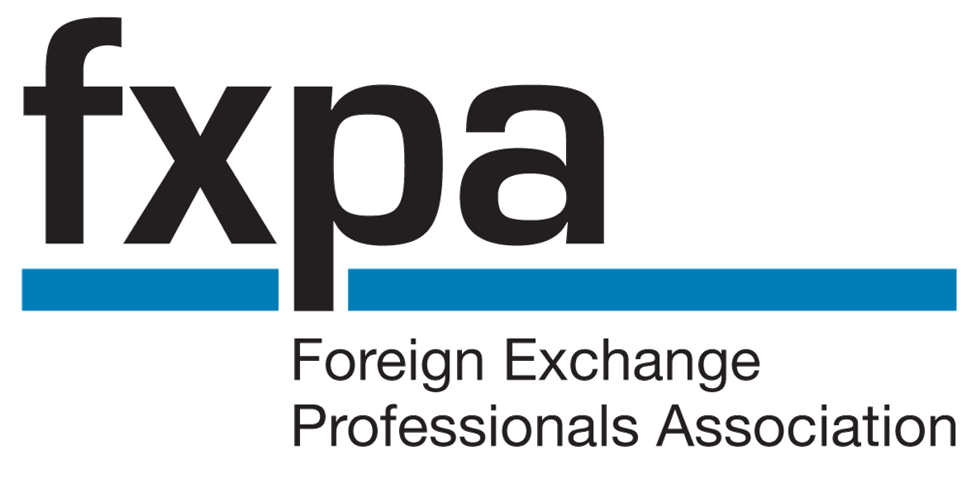The Foreign Exchange Professionals Association (FXPA) has submitted comments to the Securities and Exchange Commission (SEC) on its proposed rules governing the “Use of Derivatives by Registered Investment Companies and Business Development Companies”, calling for an exemption for FX swaps and forwards.
FXPA is joined by a number of asset management firms drawing particular attention to the unique characteristics of the FX market, including Templeton Investments, Campbell & Company, JP Morgan Asset Management, Brandywine Global Investment and MFS Investment Management, among others.
Shared Aims, Different Tactics
At the outset of its comment letter, the FXPA highlights its appreciation of the SEC’s aims in reviewing and analysing funds’ use of derivatives products, and praises the “underlying motivation to require funds to implement risk management measures for better investor protections”.
Although in agreement with the SEC’s goals in spirit, the Association presents the view that FX forwards and FX swaps should be exempt from the developing rules on derivatives. The comments argue against inclusion of FX products on the basis that introducing regulation would be both impractical and self-defeating from a risk mitigation standpoint.
“Impediments to asset managers’ use of FX derivatives to hedge commercial risk from global investment strategies could reduce asset managers’ abilities to deploy capital around the world, restricting investment strategies, tying asset managers’ systemic stability to US dollar-denominated investments, and could restrict long-term investment capital to businesses around the world,” says the Association.
Following the Treasury
The FXPA points to the fact that the US Treasury exempted FX swaps and FX forwards from being regulated as swaps under the Commodity Exchange Act, and draws attention to the fact that “unlike currency swaps, [FX forwards and FX swaps] are different because…the amount of the cash flow exchanged by the party is known at the onset of the transaction”, resulting in minimal settlement risk.
The comments also highlight the risk-mitigation function that is often played by FX derivatives in the context of asset management, pointing out that these “risk mitigating activities are the same activities identified by the US Treasury Department in its Determination to exempt these products from…regulation pursuant to the Dodd-Frank Wall Street Reform and Consumer Protection Act”.
To bolster this point, the Association makes reference to the US Treasury Department’s finding that settlement risk associated with FX swaps and forwards is “virtually eliminated” through the use of payment-versus-payment settlement arrangements.
Furthermore, the FXPA argues that FX futures and non-deliverable forwards (NDFs) should also be exempt from the SEC’s proposed rules, suggesting that “these products are similarly relied upon by funds to reduce currency risk and promote cross-border investment by asset managers. Like FX swaps and FX forwards, these products pose relatively low risk to the financial system due to their liquidity and settlement dynamics and their short dated tenors”.
Overall, the Association contends that, from a systemic risk standpoint, “reliance on short-term FX derivatives to hedge currency risk and promote global investment activity raises fewer concerns than the risks associated with restricting funds’ investment strategies to any one currency”. Additionally, from a global capital markets perspective, FXPA argues that “limiting the use of FX derivatives may also prevent non-US companies from attracting US funds’ capital to grow their businesses and benefit from any comparative advantage they may possess.”
Therefore, regulation of these products would, in the FXPA’s opinion, create outcomes that “seem antithetical to the competitive, liquid and stable global capital markets the SEC seeks to promote”.
Mounting Opposition
FXPA’s concerns are echoed in other comments submitted to the SEC by prominent buy-side firms. OppenheimerFunds and Franklin Templeton (Franklin) have both weighed in on the debate, the former firm contending that “the notional amount of other derivatives transactions cannot be analogised to indebtedness leverage. This is particularly true of interest rate [products]…and foreign exchange derivatives, such as currency forwards. Franklin’s comments “stress that most of the transactions that would raise issues for us under the proposal are ‘plain vanilla’ investments such as currency forwards and interest rate futures and swaps”, highlighting that restricting these “types of investments in order to comply with an arbitrary numerical limit would only penalise our investors”.
Were the new rules to apply to FX products, Campbell & Co. argues that “funds would shift their derivatives exposures away from low-risk asset classes (such as interest rate future contracts and foreign exchange forward contracts) resulting in more concentrated positions in higher risk asset classes” and “less diversification and a potentially higher risk profile”.
Comments from JP Morgan Asset Management, MFS Investment Management (MFS) and Brandywine Global support the above conclusion, and further underline the impracticality of the applying the proposed rules to FX derivatives. Morgan notes that “[a] fund may obtain 100% notional exposure in currency forwards to hedge against foreign exchange risk. It may also acquire 100% or more notional exposure in Treasury futures to achieve its desired interest rate exposure… this strategy would exceed the [proposed] 150% exposure-based limit.”
To circumvent problems associated with the 150% Portfolio Limits Requirement, MFS argues that “the Commission [should] permit the notional value of a currency forward transaction to be excluded from the calculation of exposure for purposes of the Portfolio Limits Requirement” when “a fund agrees to (i) deliver to a counterparty the currency in which a foreign security is denominated in, and (ii) receive from the counterparty the fund’s base currency, up to the notional value of the foreign security.”
